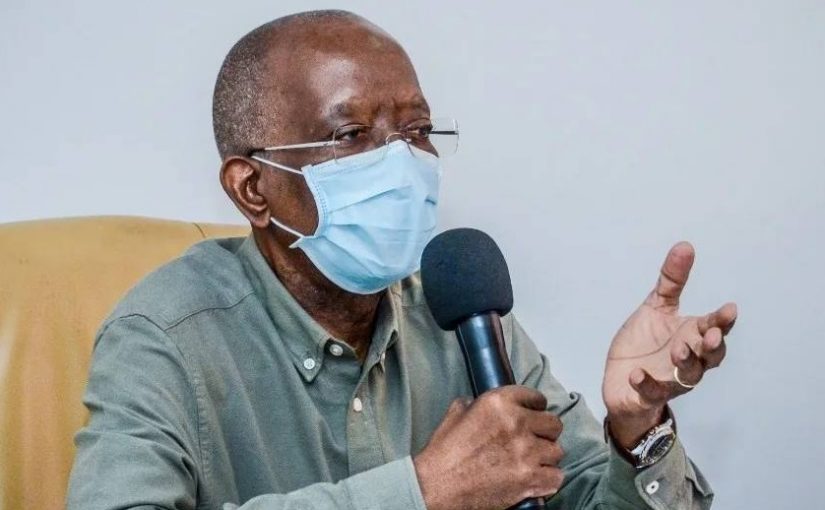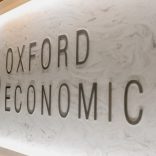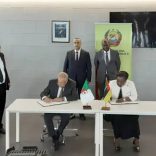Mozambique: N6 sees heavy traffic in Manica
Mozambique: Government rules out subsidies on bread and fuels

Illustrative photo: Amigos de Mety Gondola Fascebook page
Despite the crisis already shaking thousands of families in Mozambique, Prime Minister Adriano Maleiane has ruled out subsidising the price of fuel and bread, saying such measures are unsustainable, and end up benefiting people who do not need them.
The current escalation in the prices of the main commodities in the international market is playing havoc with the government’s management of the national economy, and fuel is the main driver of the crisis. Decree No. 45/2012 of 28 December provides for the updating of fuel prices whenever variations in the international market are relevant, but the executive of Filipe Nyusi froze the price for a long time, causing fuel retailers to accumulate losses.
Taking into account the costs of a barrel of oil on the international market, fuel operators estimate that gasoline, for example, should cost 97.19 Mt/litre, but is being sold to the public at 77.39 Mt. Diesel, say the importers, should cost 97.26 Mt/litre, but is sold at 70.97 Mt.
In this situation, the government should be making up the difference and, at the moment, owes the gas stations more than US$120 million.
Prime Minister Maleiane is in Nampula province for a three-day working visit, and it was while speaking to businesspeople there that he made it clear that subsidies were not sustainable.
“We have to know how we manage the crisis of rising fuel prices. Some say that the state should make a subsidy, but let’s be honest: there is no sustainable subsidy because to give it, it has to come from tax, and how will you get tax [revenue] if the companies don’t work either? Giving subsidies to gas stations is not a solution because all of us, rich and poor alike, pay the same price. But that is not what we want,” Prime Minister Maleiane said.
“The state wants to give the subsidy to those who actually need it. The same also applies to bread, because of the wheat price. Subsidising the bakery is not sustainable because everyone will buy that subsidised bread, but that is not what the government wants. The government wants to subsidise [only] those who cannot pay.”
Subsidising prices for the most vulnerable implies strengthening social assistance, another challenge for the government.
ALSO READ: Mozambique: Former bread and fuel subsidies benefited the wealthy – IMF
But because Adriano Maleiane is in the so-called “capital of the north”, he heard more complaints from businesspeople.
Yonus Gafur operates in several areas of the cashew nut trade and processing industry in Nampula. His concern was with the delay in the refund of VAT (Value Added Tax), starting with the sadness of paying various taxes and then having to get them back from the refunding ministry. It was high time business people had satisfaction regarding this, he said, appealing to the prime minister to look into the matter.
Adriano Maleiane said he knew the subject very well because he was until recently Minister of Economy and Finance, and promised that the matter was on the priority list of the payments that the government must make. But he noted that it was necessary for the Assembly of the Republic to legislate on the deadline for the submission of VAT refund requests, because until now there was no legally stipulated deadline, which meant that some entrepreneurs let years go by without exercising their right, leaving the matter lingering on the government’s books for an equally long time.
By Ricardo Machava













Leave a Reply
Be the First to Comment!
You must be logged in to post a comment.
You must be logged in to post a comment.